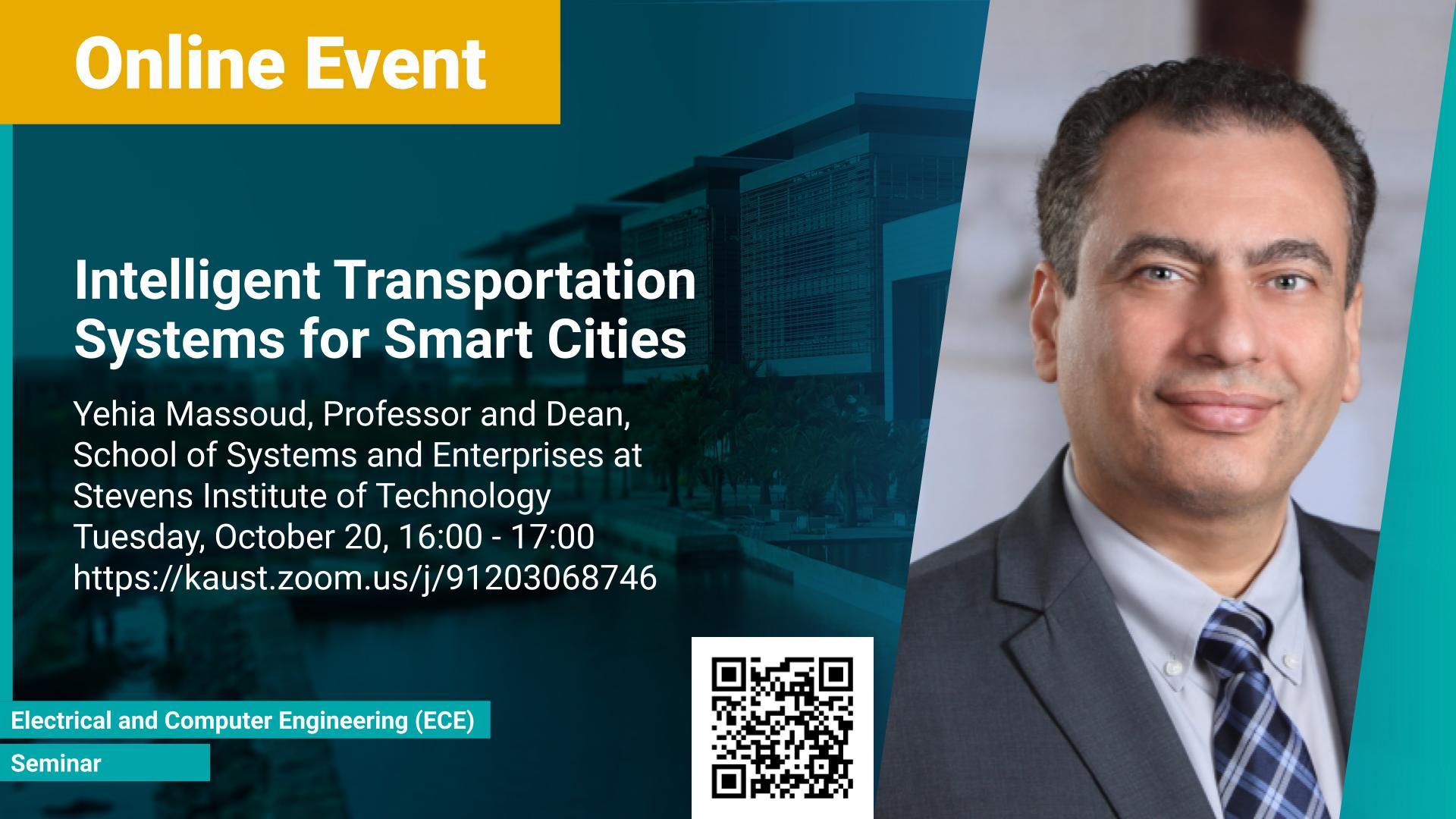Abstract
The rapid advancement in embedded systems and mobile telecommunications technologies have led to a drastic increase of Internet-of things (IoT) devices and the emergence of a variety of smart city applications. In such heterogeneous and ubiquitous networks, automated collaboration among IoT devices and their users become a necessity to leverage the potential of the connected crowd and foster novel services in different smart city domains. In this talk, we will overview the great dependence of future smart cities and connected communities on intelligent transportation systems. We will discuss the need for fast and robust service discovery solutions to ensure trustworthy and effective collaboration in such complex networks. We also enumerate selected practical applications that use the power of the crowd and artificial intelligence to solve real-world smart city challenges.
Brief Biography
Yehia Massoud is a Professor and Dean in the School of Systems and Enterprises at Stevens Institute of Technology. He received his PhD degree in Electrical Engineering and Computer Science from the Massachusetts Institute of Technology in 1999. He has previously held tenured faculty positions at Rice University, UAB, and WPI. He also held visiting positions at Stanford University and MIT. He is a Fellow of IEEE and has published more than 300 papers in leading peer-reviewed publications. Massoud’s research group was responsible for developing the world’s first realization of compressive sensing systems for signals. This DARPA-funded project provided an unprecedented one order of magnitude savings in power consumption and significant reductions in size and cost. Massoud has received many honors for his research and his service to the field, such as the Rising Star of Texas Medal, the NSF CAREER Award, the Design Automation Conference Fellowship, the Synopsys Special Recognition Engineering Award and two IEEE Best Paper awards. He has served as the editor of Mixed-Signal Letters—The Americas and has served as an associate editor of two IEEE Transactions.
